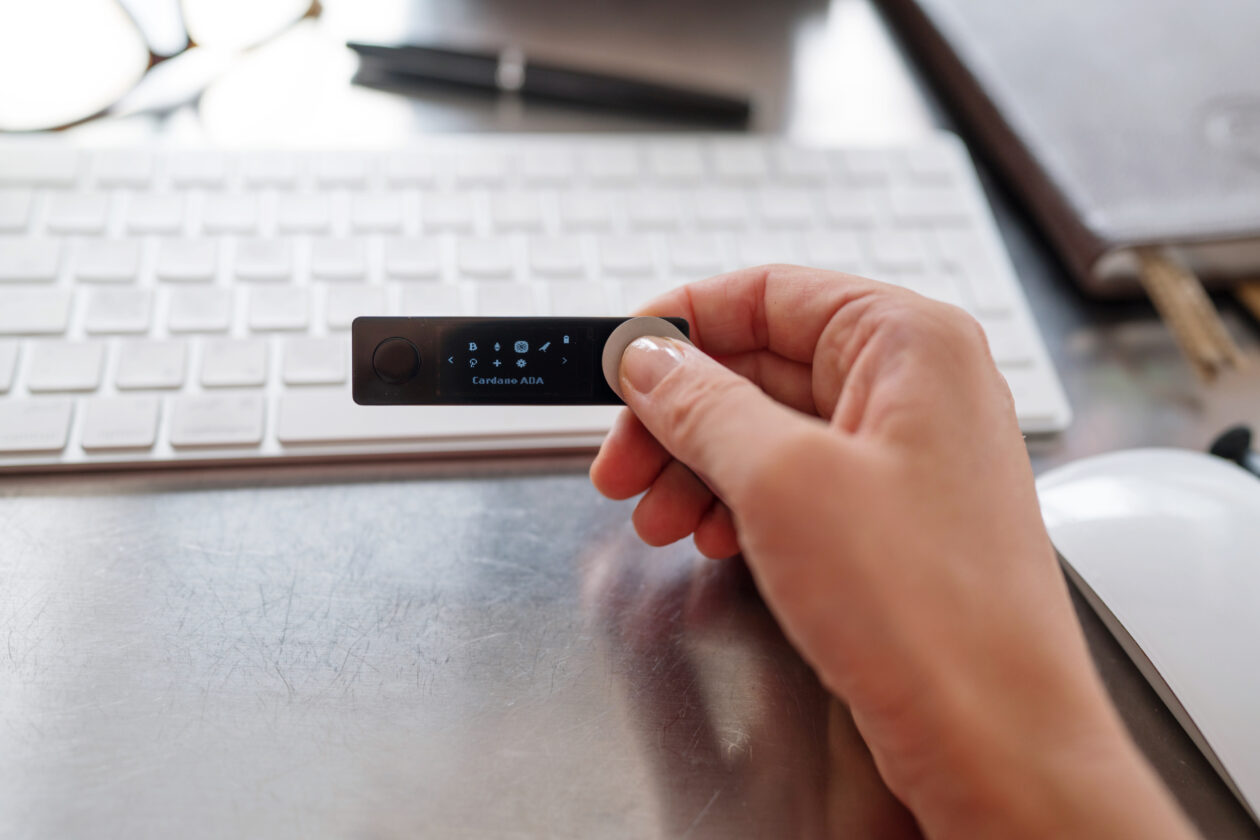Trezor, a 10-year old Czech company that claims to be the first to make a Bitcoin hard wallet, said its sales revenue tripled in the two days running up to the bankruptcy on Friday of the FTX exchange.
The company said in a statement that traffic to their e-commerce website jumped more than 350% in the same period as investors sought safer custody of their cryptocurrency.
Ledger Enterprise, another leading maker of hard wallets, said they are also seeing a surge in sales.
“It’s the largest uptick we’ve seen so far this year. And it’s a factor impact, a 2x, 3x type of impact,” Alex Zinder, global head of Ledger told Forkast in an interview.
The private companies did not provide further details on the sales in dollar terms or in total units or whether they are adjusting sales targets for the year ahead. Many hard wallets are around the same size as a thumb drive.
The collapse of FTX from a US$32 billion company to bankruptcy in a matter of a week has frozen hundreds of millions of dollars in cryptocurrency on the defunct exchange, with investors unsure when or if they will get their assets back.
For proponents of hard wallets – offline, self-custodial physical storage devices for cryptocurrencies that come with private access codes, or keys – this could be the told-you-so moment. The mantra in crypto has always been “not your keys, not your crypto” or if you don’t own the private keys to your cryptocurrency, it’s not really yours.
“As we have seen time and time again, these exchanges or other custodians can fall to hacks, to mismanagement, to outright theft or fraud, which is what we’ve basically seen with the FTX,” said Josef Tetek, Trezor’s brand ambassador, in an interview with Forkast. “Those who called for self-custody for years have been vindicated and were proven right.”
Tetek said in a prior statement shared with Forkast that exchanges or custodians have the agenda to maximize earnings even when it is not in their customers’ best interests.
“Everybody should just learn about hardware, wallets and ways to self-custody their coins,” he said.
Risk
However, there are dissenting views on hard wallets. For one, a hard wallet user needs to make a recovery seed — typically a list of 12 words in a fixed order — that will be used to recover assets if the wallet is lost or stolen, but there are cases of users losing the recovery seed and hence access to their crypto.
Vincent Chok, chief executive officer of Hong Kong-based crypto trust company First Digital Trust, said hard wallets holders can also become the target of criminals.
“When you’re carrying around millions of dollars of crypto, you’re actually targets for criminals because now with the likes of Twitter, with social media, people actually can see and can actually put pieces together of what you’re holding and maybe they can even track you,” said Chok, whose company provides crypto custody services.
Zinder of Ledger did say not everyone needs to hold their crypto assets in a hard wallet.
“There’s also plenty of healthy crypto native players out in the space, managing their businesses properly, having full reserves and managing their clients assets responsibly with the right governance and the right capabilities,” Zinder said.
But he said retail investors need to scrutinize their service providers on how they are managing their assets, their system, security and governance.
“And if they don’t have good answers for that, reconsider.”





